Results
-
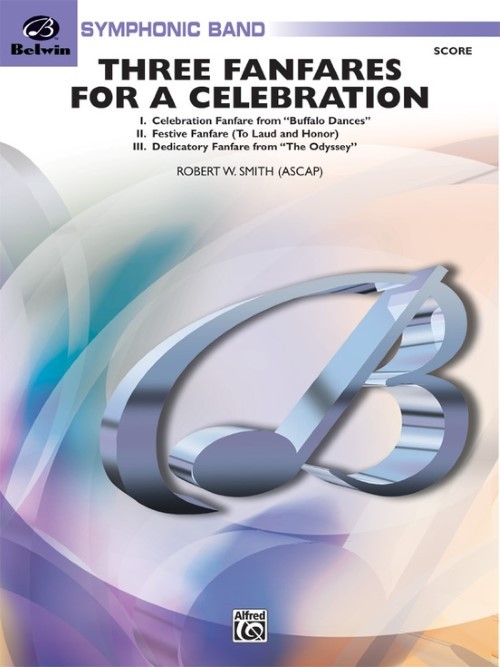 £79.50
£79.50Three Fanfares for a Celebration (Concert Band - Score and Parts) - Smith, Robert W.
A bargain of fanfares that can open your symphonic band program for three separate concerts! Included fanfares are titled "Celebrations Fanfare," "Festive Fanfare" and "Dedicatory Fanfare." Start your concert with a bold musical statement!Duration: 4:30
Estimated dispatch 7-14 working days
-
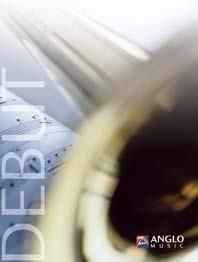 £74.99
£74.99The Long Day Closes (Concert Band - Score and Parts) - Sullivan, Arthur - Sparke, Philip
Although Arthur Sullivan (1842-1900) is best known for his collaboration with W.S. Gilbert on their famous operettas, he also wrote much instrumental, chamber and orchestral music, church anthems and around 20 secular part songs. One such song was The Long Day Closes which has remained in the popular repertoire of many male voice and mixed choirs. The melody is a combination of hushed hymn-like reverence and emotional intensity, which provides the young band the opportunity to work on dynamics, ensemble, intonation and balance in chorale style.Duration: 3:00
Estimated dispatch 7-14 working days
-
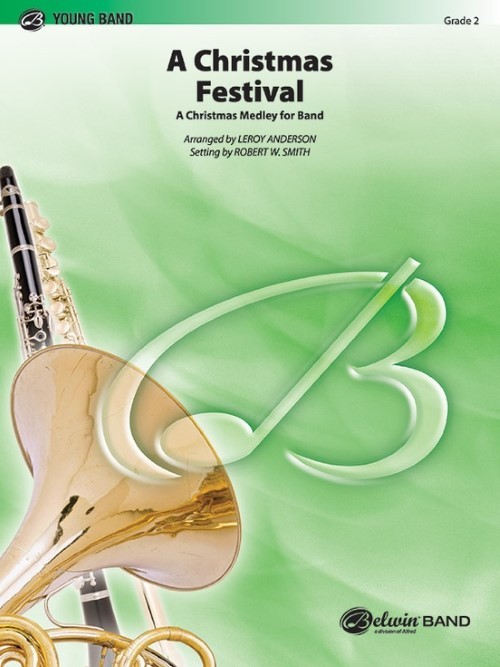 £66.95
£66.95A Christmas Festival (Concert Band - Score and Parts) - Anderson, Leroy - Smith, Robert W.
All of the challenging key signatures and complex rhythms in this Leroy Anderson classic have been removed to accommodate young band players. All that's left is the charming melodies in the charismatic Anderson setting. We are pleased that A Christmas Festival is finally available in an accessible arrangement. Includes: Joy to the World * Deck the Halls * God Rest Ye Merry, Gentlemen * Good King Wenceslas * Hark! The Herald Angels Sing * The First Noel * Silent Night * Jingle Bells * O Come, All Ye Faithful. Duration: 4.30
Estimated dispatch 7-14 working days
-
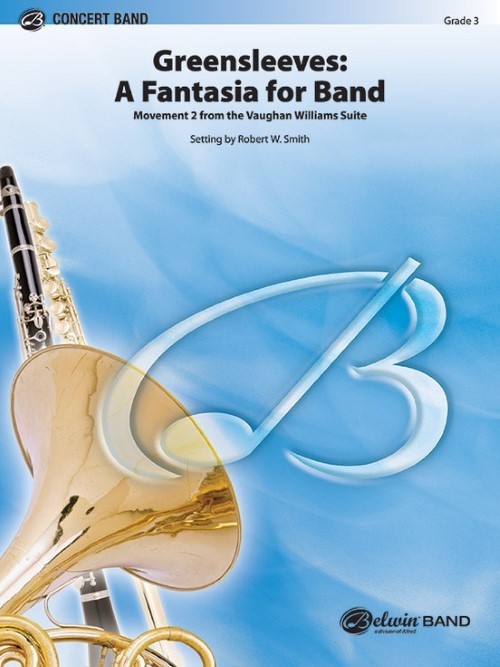 £70.50
£70.50Greensleeves: A Fantasia for Band (Concert Band - Score and Parts) - Smith, Robert W.
In tribute to Ralph Vaughan Williams, Robert Smith's second movement of the Vaughan Williams Suite is entitled Greensleeves: A Fantasia for Band. Beginning with a lyric solo statement by the flute, the compellingly beautiful melody is explored using the unique timbres of the contemporary concert band. The first movement, Wassail, is also available. Duration: 4.30
Estimated dispatch 7-14 working days
-
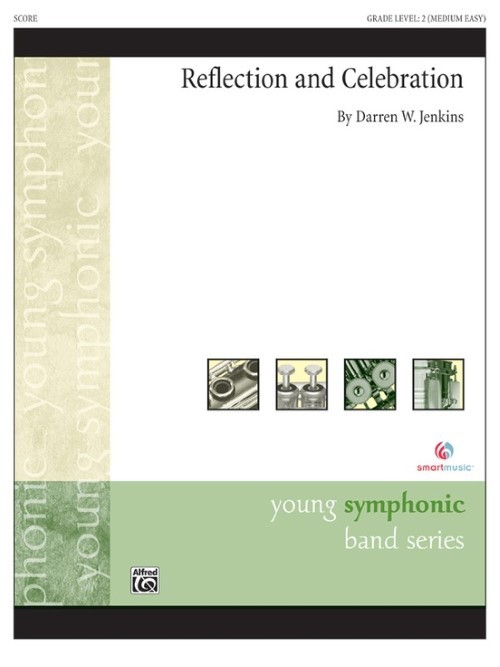 £52.95
£52.95Reflection and Celebration (Concert Band - Score and Parts) - Jenkins, Darren W.
Reflection and Celebration has two main sections. The first is slower and meant to represent the pensiveness of a history of trials and tribulations in which every person must endure. The second section is faster and is meant to represent the joy and festivity associated with celebrating an important occasion, as well as aspiration of a bright and promising future.Duration: 4.30
Estimated dispatch 7-14 working days
-
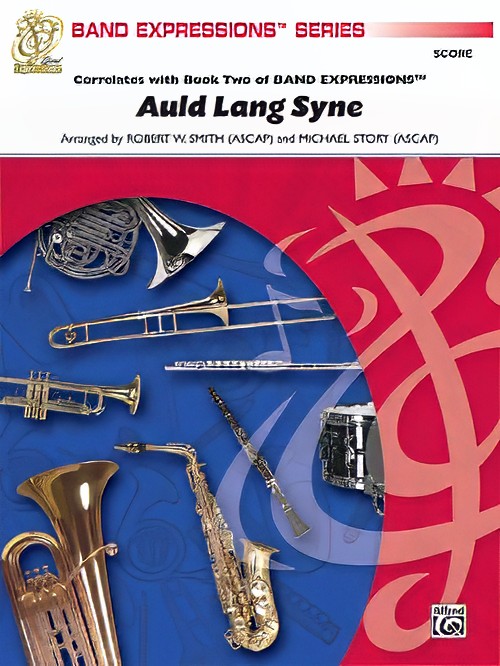 £50.50
£50.50Auld Lang Syne (Concert Band - Score and Parts) - Smith & Story
Father Time is counting down the hours. Finally, an arrangement of this year-ending and year-beginning standard for beginners. Although prepared for Band Expressions Book Two, it will ring in the New Year for students in any second year program. The singing section enhances their musical education. From the combined efforts of Robert W. Smith and Michael Story, "Auld Lang Syne" pays tribute to the honored tradition and to the unique melody. Invite your listeners to join the band and sing along as we honor the old year and celebrate the new. Duration: 2.15
Estimated dispatch 7-14 working days
-
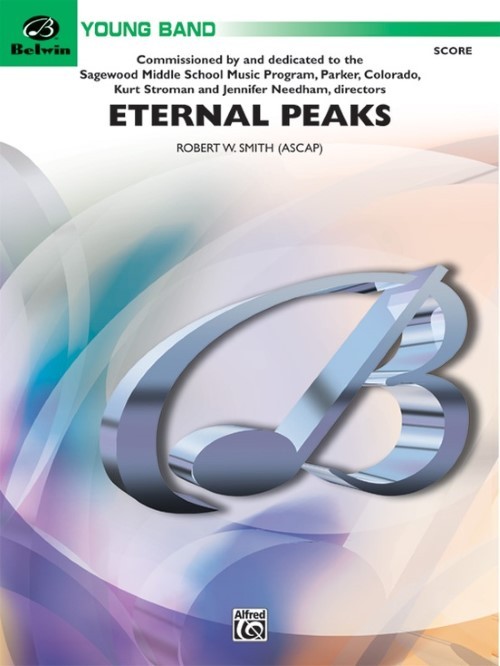 £61.95
£61.95Eternal Peaks (Concert Band - Score and Parts) - Smith, Robert W.
A stunning contest or concert work for your young band. This energy-packed original is sure to make your young band sound spectacular. Inspired by Colorado, the land of mountains, in this single flowing composition the intent listener will hear the panoramic beauty of the Colorado sunrise with the Rocky Mountains as the backdrop. The power of the dinosaurs, the menacing sheer angles of jagged rocks and the thunder of ancient drums combine to form the first movement entitled In Stone and Shadow. In contrast, Twilight seeks to capture the majestic yet delicate scenery at perhaps the most beautiful time of the day. The final movement entitled "Avalanche" brings together musical and visual imagery to the most powerful of conclusions. Duration: 6.30
Estimated dispatch 7-14 working days
-
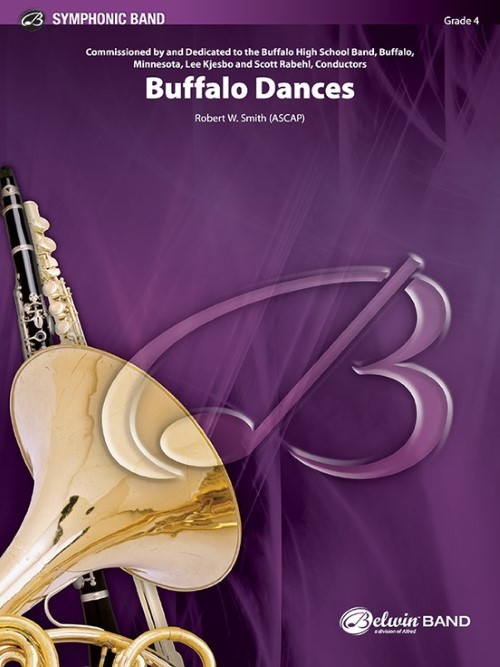 £84.50
£84.50Buffalo Dances (Concert Band - Score and Parts) - Smith, Robert W.
The lake region around Buffalo, Minnesota, is one of great geographic beauty and historic significance. Originally part of the region known as the Big Woods, the area was covered with hardwoods that were so thick in their overlapping branches, it was difficult to see the road ahead or sky above. The white elm trees grew to six feet in diameter and up to majestic heights of over one hundred feet.The Dakota People lived and prospered in this area between the lakes for 300 years. Buffalo was a favourite hunting and fishing ground for the Dakotas until the arrival of the first European fur traders and settlers. The richness of the natural resources served as a catalyst for modern development, which led to the very progressive region that continues to grow to this day.Buffalo Dances honours the natural beauty, Native-American heritage and the modern prosperity of Buffalo. Beginning with a majestic fanfare, the piece continues with flowing, Native-American inspired melodies over driving rhythmic figures. The centre of the piece is comprised of a simple original hymn song that reflects on the natural beauty of the region. Accompanied by the sounds of Native-American dance, the intensity returns. If one listens carefully the sound of snorting buffalo can be heard amid the festive atmosphere before the return of the concluding fanfare.
Estimated dispatch 7-14 working days
-
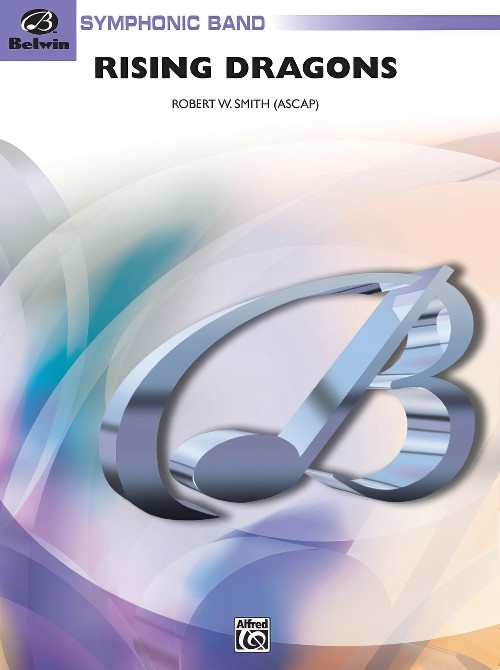 £82.95
£82.95Rising Dragons (Concert Band - Score and Parts) - Smith, Robert W.
Commissioned by the Korean Navy Symphonic Band under the direction of Lt. Commander Joon Hyung Park, Rising Dragons pays tribute to the legacy of Yi Sun Shin and his impact on naval operations throughout the world. Beginning with a commanding fanfare, the authoritative statement gives way to the lone flute representing the solitude and reflection that any great leader must endure. The mechanized sounds of the turtle ships are brought to musical life through melody that rises and falls like the sea. The sea battle is depicted with opposing forces of percussion giving way to a final victorious fanfare. A line from a poem written by Yi Sun Shin inspires the title: "I call to the sea, and the dragons are moved."Duration: 9.15
Estimated dispatch 7-14 working days
-
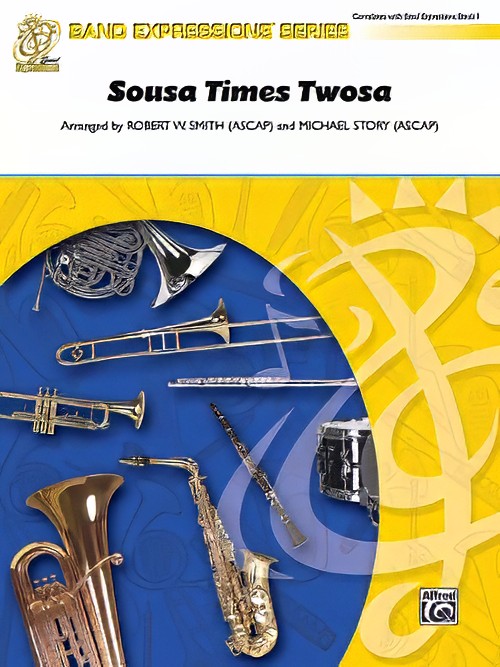 £54.95
£54.95Sousa Times Twosa (Concert Band - Score and Parts) - Sousa, John Philip - Smith & Story
Sousa's contribution to the band literature is unparalleled. The main themes from "The High School Cadets" and "The Thunderer" have been carefully prepared by Robert W. Smith and Michael Story for your beginners at the end of their first year. Although scored to compliment the end of Band Expressions Book One, this march-duo would work well with any beginning class on their concluding program. A worthy teaching and performance choice. Duration: 1.30
Estimated dispatch 7-14 working days
